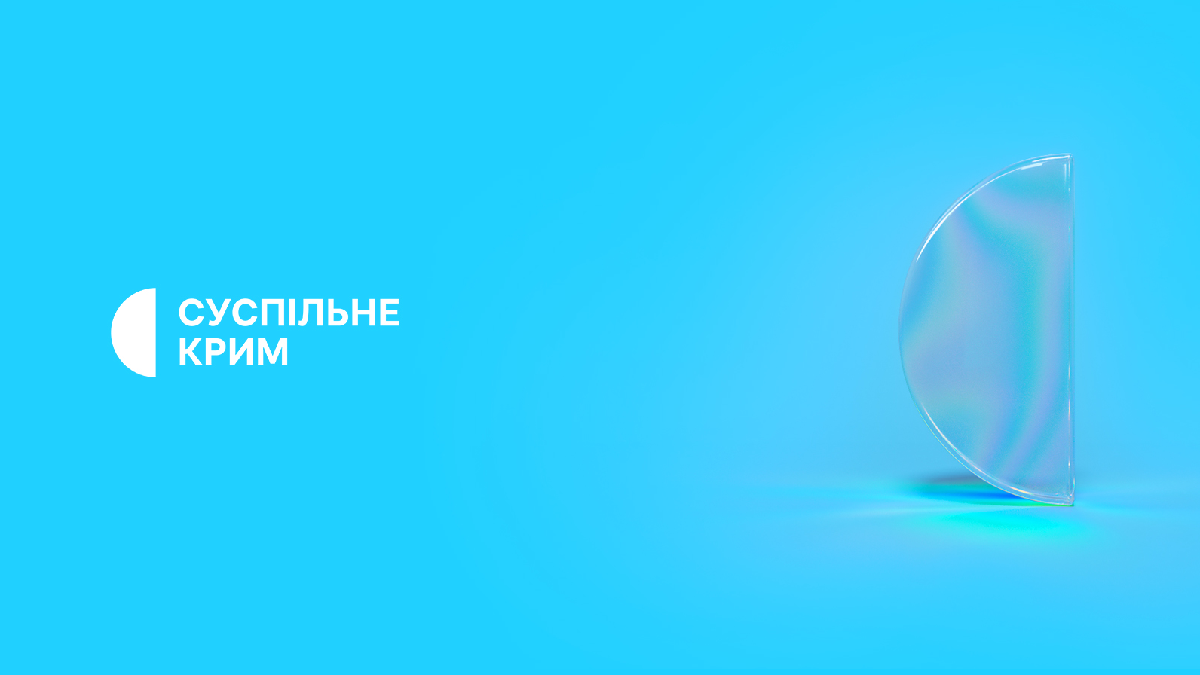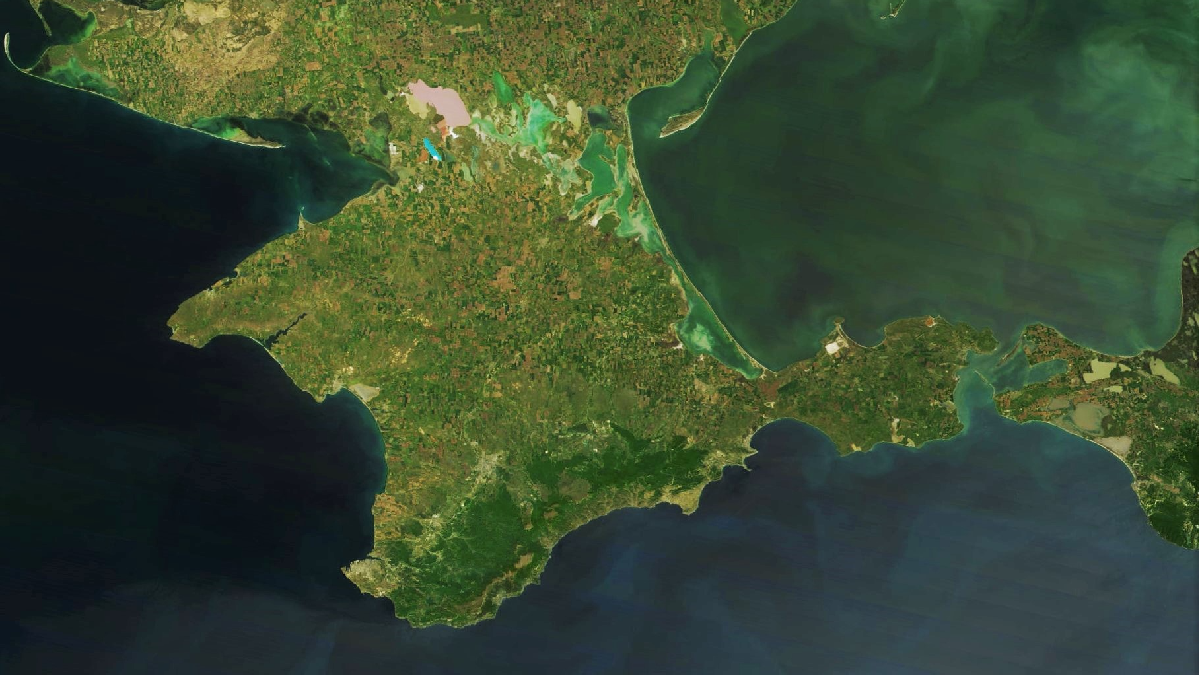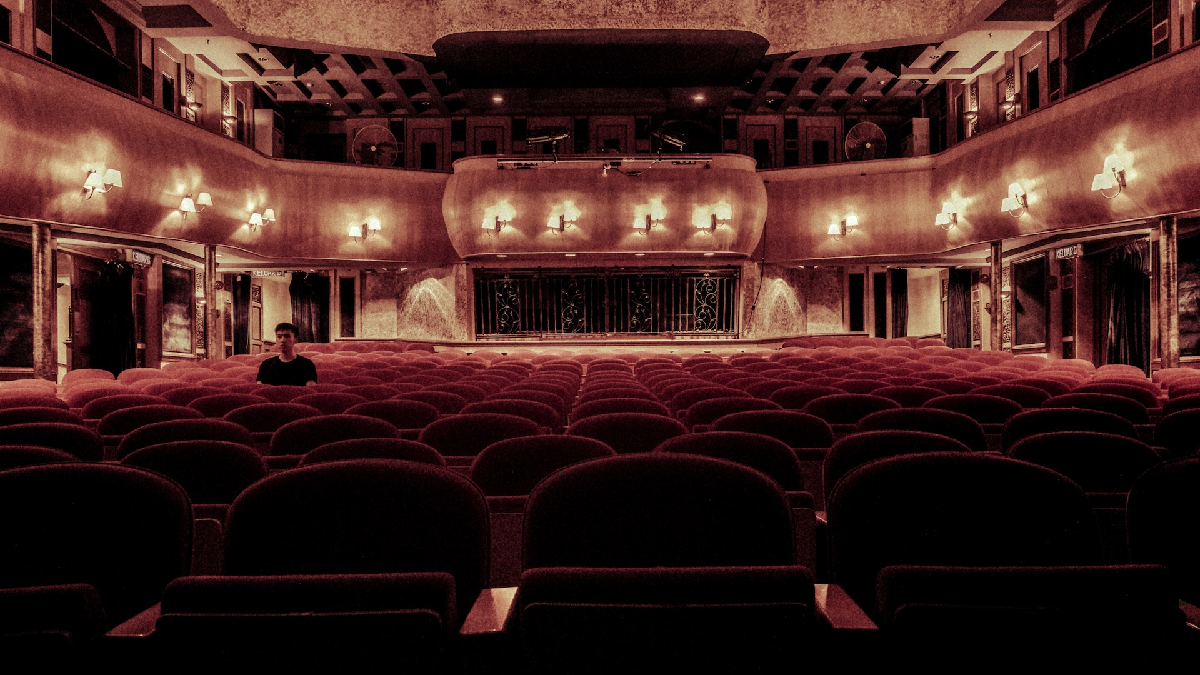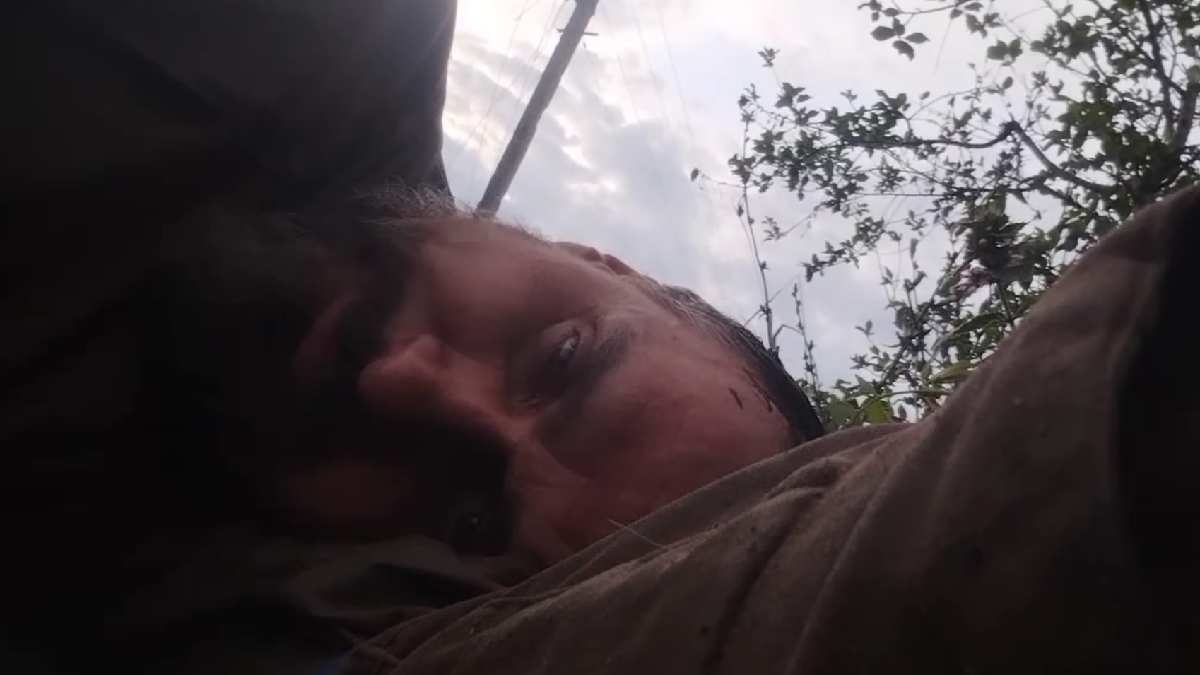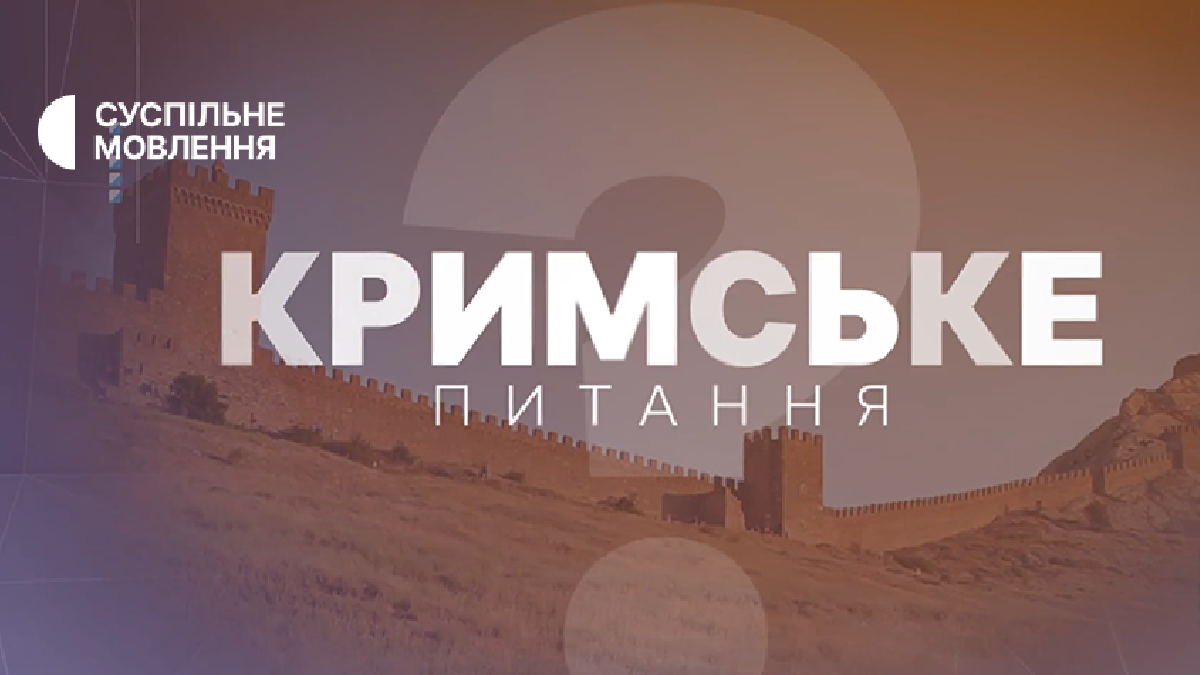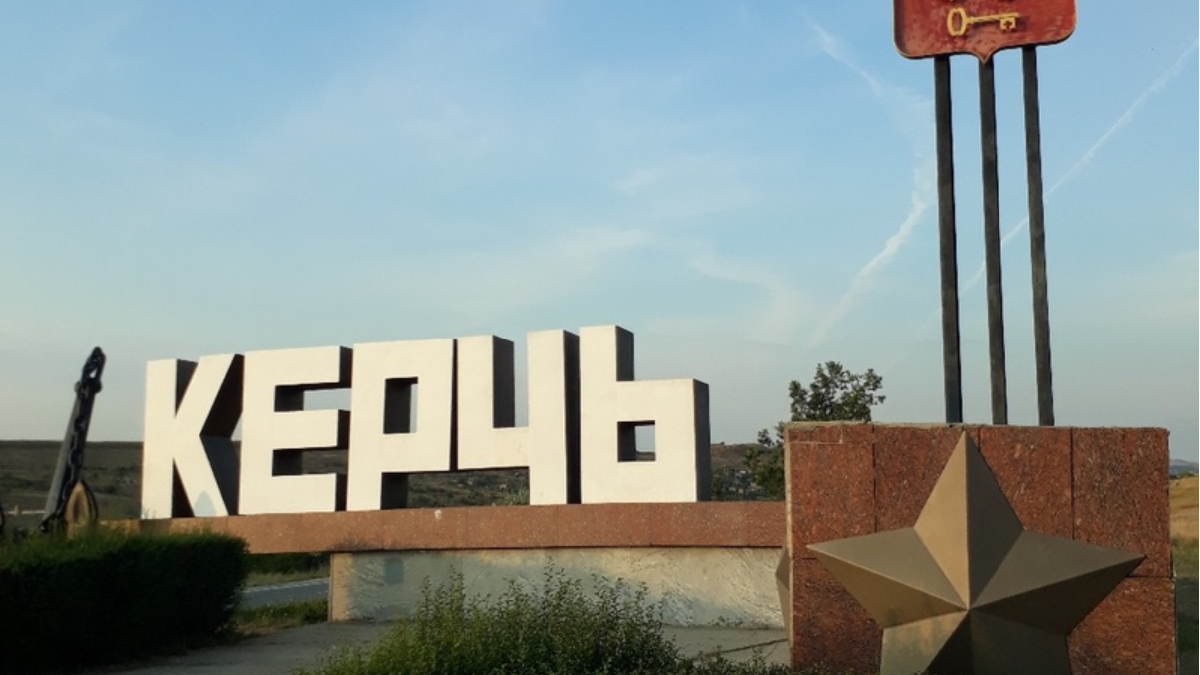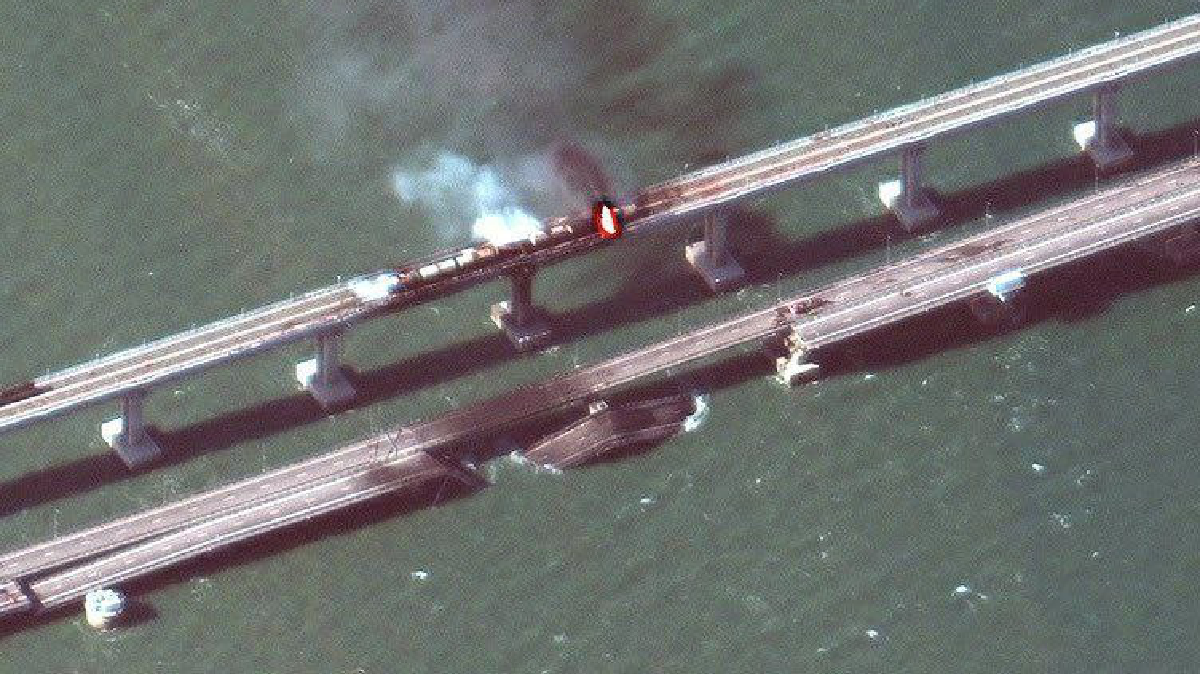Victory in the Court of Appeal of Amsterdam. Is there an end to the process?
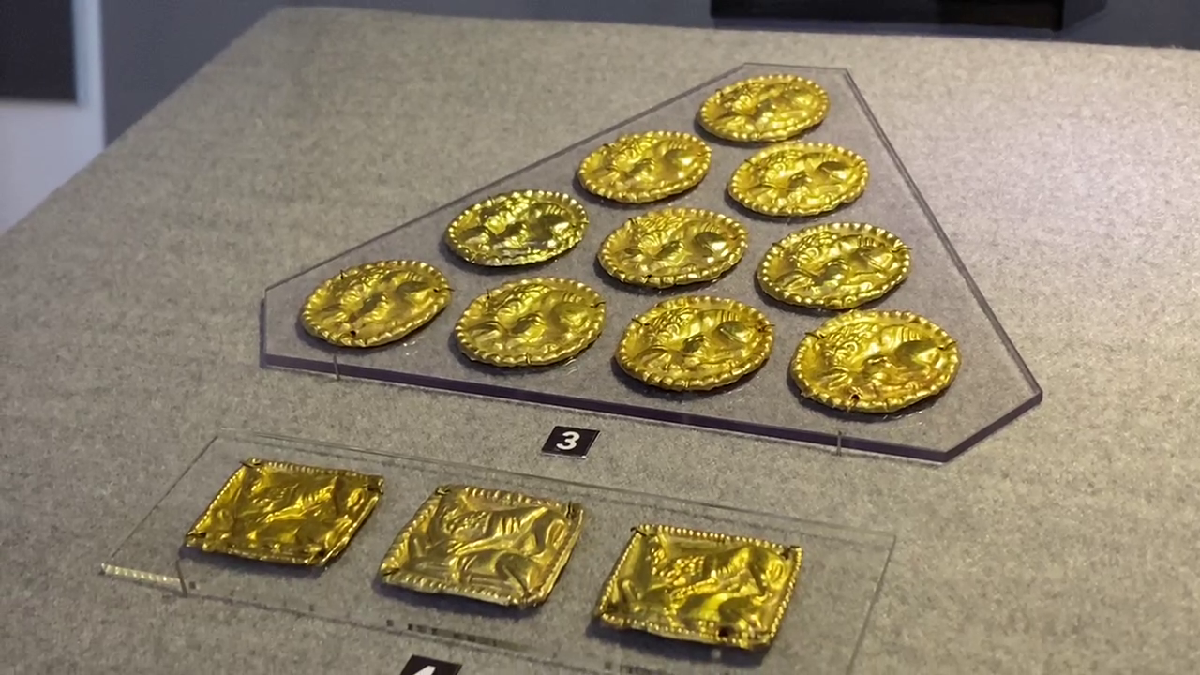
Ukraine has won the Court of Appeal of Amsterdam in the case of the so-called "Scythian gold". This is a collection of more than 500 exhibits of Crimean museums, donated to the Amsterdam Archaeological Museum of Allard Pearson for the exhibition "Crimea - a golden island in the Black Sea." The exhibition ended after the occupation of Crimea by the Russian Federation. According to Ukrainian legislation, museum objects are part of the museum fund of Ukraine. The Ministry of Culture of Ukraine stressed that the exhibits should be returned to Ukraine. Crimean museums insist on the continuity of collections and that exhibits taken from Crimea before its occupation by Russia must be returned to the museum from which they were taken. In 2016, the Amsterdam District Court ruled to return the exhibits of Crimean museums to Ukraine. In August 2017, the museums of the occupied Crimea appealed this decision to the appellate court.
The significance of "Scythian gold" for Ukraine, prospects and conditions of its return - all this was discussed in "Theme of the day" with Evelina Kravchenko - senior researcher at the Institute of Archeology of NAS of Ukraine and Alexander Malyshev - senior researcher at the Institute of State and Law. Koretsky National Academy of Sciences of Ukraine.
Evelina Kravchenko noted that the exhibits to be returned to Ukraine were found mainly during excavations of the necropolis during the independence of Ukraine or just before the collapse of the USSR. Separately, she spoke about the value of this collection:
“This collection is priceless, I don't even undertake to evaluate it in money, because it is impossible to evaluate archeological things, it is impossible to establish their value, if we do not talk about the insurance value. The value of this collection for the history of Ukraine is enormous, it is the same as the value of Crimea for Ukraine. That is, they are interconnected and proportional things”.
According to her, the exhibits that did not go to the exhibition in Amsterdam still remain on the territory of the occupied peninsula. This is a collection from Yalta, Yalta Historical and Cultural Museum, they did not have time to draw up documents, added a senior researcher at the Institute of Archeology of the National Academy of Sciences of Ukraine. However, according to her, some exhibits could be taken out of the peninsula:
“We sometimes get information about relocations from official sources, for example, exhibitions held in Tatarstan, Moscow, things that were temporarily relocated, but whether they returned and what they returned - we do not know. And we receive indirect information that may indicate the movement of some collections, but this information is not documented. I'm sure the relocation process is ongoing".
We asked Oleksandr Malyshev, a senior researcher at the Institute of State and Law named after Koretsky National Academy of Sciences of Ukraine:
“This is a large document of about 32 pages in Dutch and a short press release in English. Even before it appeared, I imagined that there was a decision of the appellate court, it is clear that Russia will appeal it, but the court decision may come into force and be executed, the exhibits will return to Ukraine, and then the Supreme Court of the Netherlands may to consider Russia's complaints, but this did not solve anything in essence. At the same time, this decision of the court clearly states that the court does not insist on the execution of this decision until its cassation appeal. Accordingly, Russia will have the opportunity to file a cassation appeal and the decision will not take legal effect. It is clear that they will submit it and therefore it is clear that this is not a period in the process, but a semicolon.
He added that this case is one of the fronts of the war with Russia, and the court is biased and often politicized against Ukraine at all stages of this case, because the court of first instance has already stated that there is no annexation, occupation, aggression by Russia. significance for this case, the court rejected it. According to Oleksandr Malyshev, the second interim decision in 2019 of the Court of Appeal is completely anti-Ukrainian, and this decision actually 90% duplicates this interim decision, which was against Ukraine:
“I don't know the psychology of Dutch judges, but I know a little bit of the psychology of Ukrainian judges, so such decisions often appear when one decision is being prepared, and then at the last moment someone clicks and decides differently, so in principle here. The decision in the motivational part has a lot of bad, a lot of dangerous things that will get us out of the cassation instance. We still have to work very seriously with this, and the arguments that the court put forward in our favor, which we did not give before, are correct, of course, but they are more vulnerable, I think criticism, so here I have a little pessimism.
Oleksandr Malyshev said that the interim decision was that restitution does not apply to international conventions here, and this is a property dispute between Ukraine and Ukrainian museums, and it is Ukrainian museums and the court that recognize it and the Russian side recognizes it. The court decisions indicate the names of the museums in English (photo attached below - ed.) And for a long time Ukraine could not change the directors of these museums for formal reasons - it was necessary to make changes in the legislation. They have been replaced so far, but they continue to play this card:
Undoubtedly, by and large, the truth is on the side of Ukraine, everyone understands this, but when I read the text of the interim decision and today, this is the "magic" of this professional Dutch justice, when you read you yourself begin to believe it and they write everything in Jesuit style. , there is really an extremely powerful law school that can justify anything”.
He also noted that Ukraine has not fully used the opportunities provided by the law passed in 2020, which allowed to change the leadership of the Crimean museums. Prior to that, the Ukrainian register of legal entities included directors who were appointed before the occupation of Crimea and at that time no longer had ties to Ukraine. It was under their leadership that museums filed lawsuits to transfer the exhibits to the occupied Crimea. Now the directors have been replaced and they must not allow this complaint to be filed by unknown, unidentified persons. If the cassation review does take place, the forecasts for its terms are different - from 1-2 years to 5 years. Alexander Malyshev also told about the know-how of Golan law:
“I was surprised from the very beginning when in 2016 we allegedly won the case and the costs were laid on Ukraine. Usually the costs are borne by the losing side, especially the side through which it all began. Of course, Ukraine pays a lot of money all the time, and in this decision it is also written that "Ukraine pays - and let it pay". The Crimean museums are only obliged to reimburse the costs of the appeal, which is several thousand euros - ridiculous money, and Ukraine pays hundreds of thousands of euros for the storage of the collection for the entire period, and will continue to pay in accordance with this decision.
